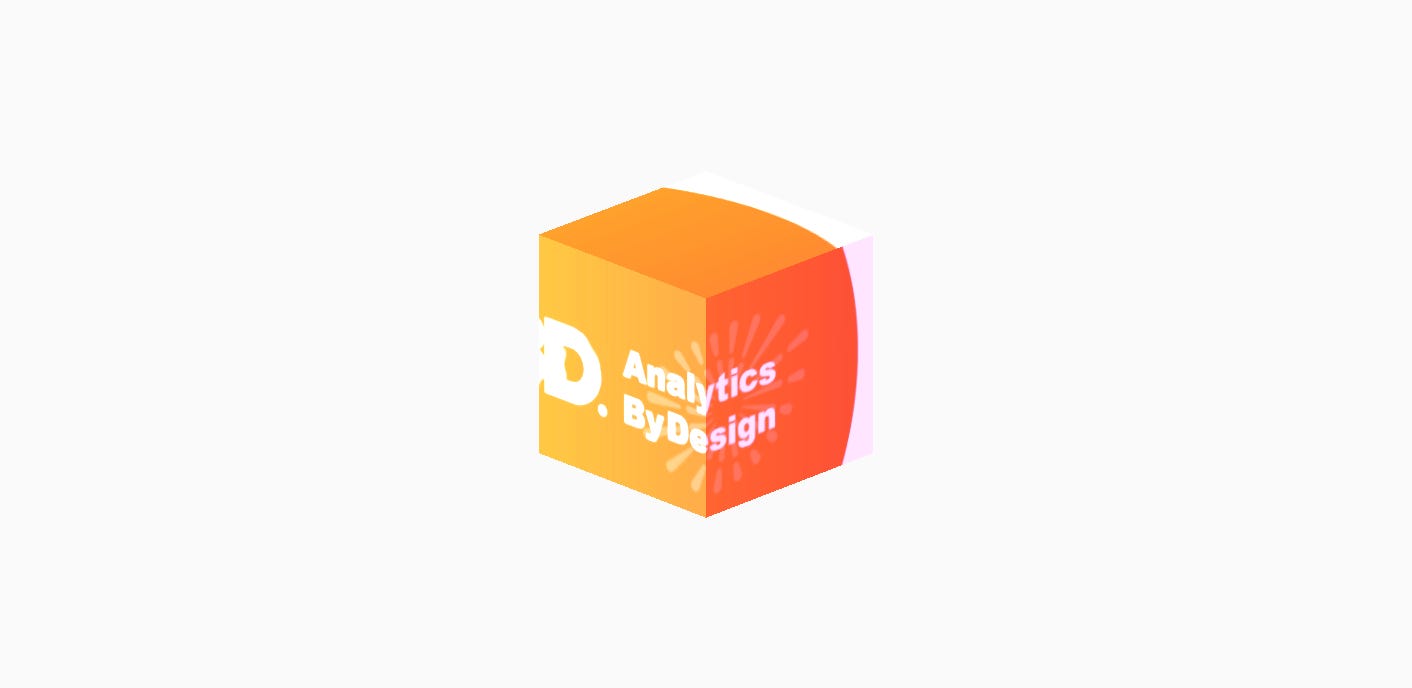The Blockhead and The Quest for Super Apps
ABD Weekly Digest - 12/9/2021
We thought this would be a slow week after the U.S Thanksgiving and right before everyone is getting ready for the holidays, but the two news in tech stormed the Internet from East to West. It would be irresponsible for us not to share our thoughts on what these mean to fintech or technology in general.
The Blockhead and The Quest for Super Apps
First, Grab’s public market debut last week marked the largest-ever SPAC merger in Southeast Asia (for non-finance geeks, SPAC stands for special purpose acquisition company, here’s a good primer).
Grab, best known as the Uber of the East, was founded by a Malaysian Harvard graduate, Anthony Tan. Grab followed the classic Chinese super-app playbook, which started as a niche ride-hailing service player, and extended its services across mobility, delivery and financial services. Grab now competes head-to-head with its rivals like GoJek, while Uber has withdrawn from the region.
Much like Hangzhou-based Ant Financial (a subsidiary of Alibaba), Grab’s financial services aim to unlock the potential of a massive market by reducing the costs of products from car insurance to mutual funds and so far, it sold over 100 million insurance policies across Southeast Asia (SEA).
Today, Grab operates in most of SEA, serving more than 187 million users in over 465 cities across eight countries. Some of the early investors include China's Didi Chuxing Softbank and GGV.
There is an ongoing debate on whether the west also has the potential for a “Super App”, and many have quoted that the maturity of western economies, the sophistication of Western consumers are the major barriers. Indeed, the low penetration of banking (or, in another word, a large quantity of “unbanked” populations) has aided the rise of these Asian-born “Super App”.
However, we don’t think the quest for “Super App” is done here in the West. Square started as a merchant point-of-sales provider offering full payment services to businesses, while its Cash App allows individuals to spend, spend, store and invest money. Square’s ambition is clear: to own the large ecosystem connecting businesses and consumers.
You might argue that it is still far away from a “Super App” status. Yes, you are right. The largest consumer tech companies in the West are either social media or digital media, which received overwhelming backlashes from the public, such as killing the next generation or manipulating democracy. Fintech is an underscruntinized area and fintech enjoys a positive sentiment as it claims to shake up inefficient banking systems, which provide soils for the next “Super App”.
So, what about the name change from “Square” to “Block”? It was explained as Square needs a better representative name for the new corporate entity to absorb all of recent acquisitions and beyond. It is clear that the new name symbolizes its grand mission of building the economy - and potentially its heavy indexing on blockchain technologies.
It is always a tech company’s dream to build a Newfoundland within its ecosystem. I guess in spite of our circumstances, that dream is not that different.
In any case, we’re one with Block in spirit.
A Climactic VC
In order to capitalize on the awareness of climate change, Former Lyft CSO, Raj Kapoor, and Freestyle Capital Co-Founder, Josh Felzer team up to back climate tech startups by working with an early-stage venture capital firm, Climatic.
Climatic’s main mission is to help businesses reach their net zero-emission targets and to support new consumer products that don’t sacrifice value at the expense of our planet. Climactic goes beyond what’s known as Cleantech 1.0, which is focused on scientific innovation led by scientists & academia, whereas Cleantech 2.0 is about creating vehicles and software that entrepreneurs can bring to market faster.
This is aligned with the Climatic investment thesis as it aims to invest in software that leads to an efficient supply chain & mobility technologies in both transportation/commodities as well as technologies that allow carbon emissions to be better measured and analyzed.
But it’s not as simple as looking for companies that can help save the world. The word “sustainability” does come up in a lot of combinations and climate tech investors have to wade through the misleading marketing sinkhole. Climactic needs to separate hype from reality.
Please spread the word!
We just launched our Substack and we’re trying to grow! If you like what we write, please share with your network and help us.
Feeling curious about what else we do? Check out and subscribe to our YouTube Channel and Think With ABD podcast on Apple Podcasts, Spotify, Google Podcasts, or Amazon Music. For more information, check out our website.




